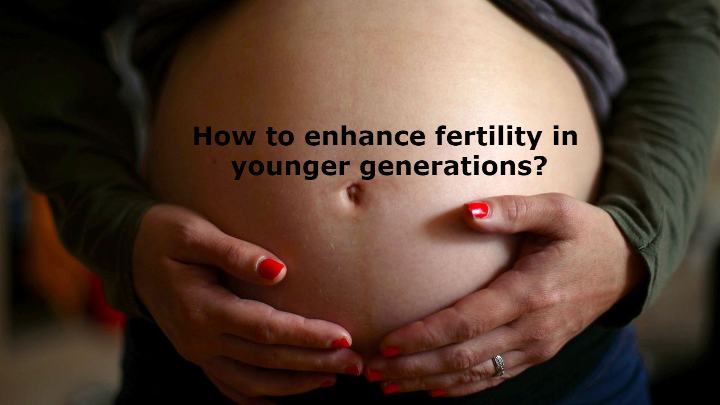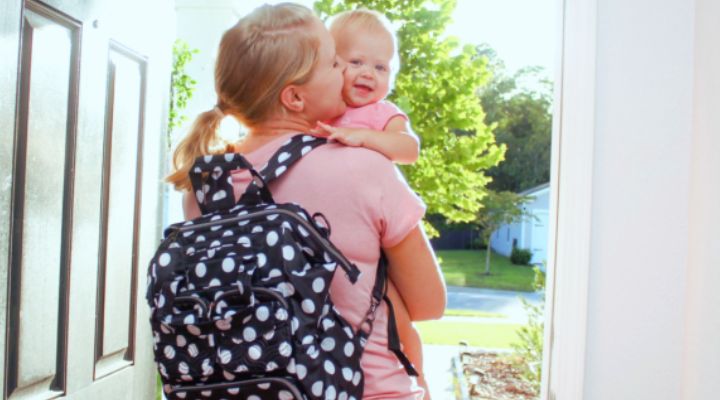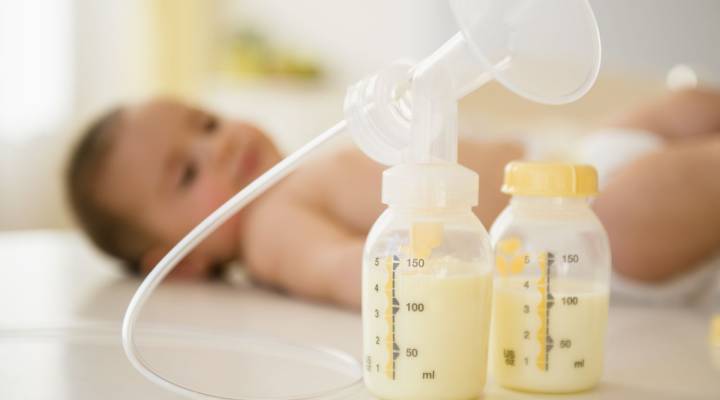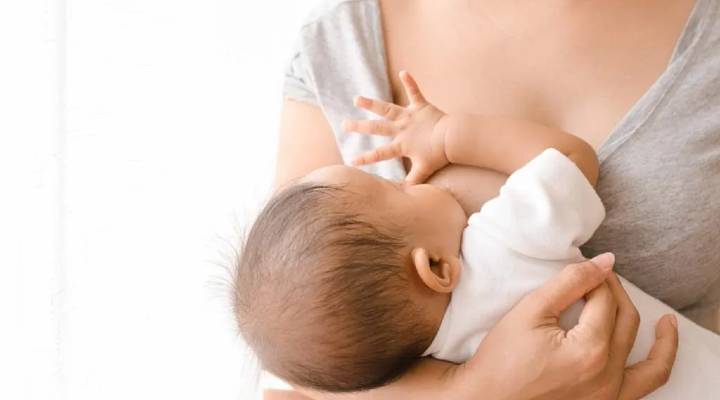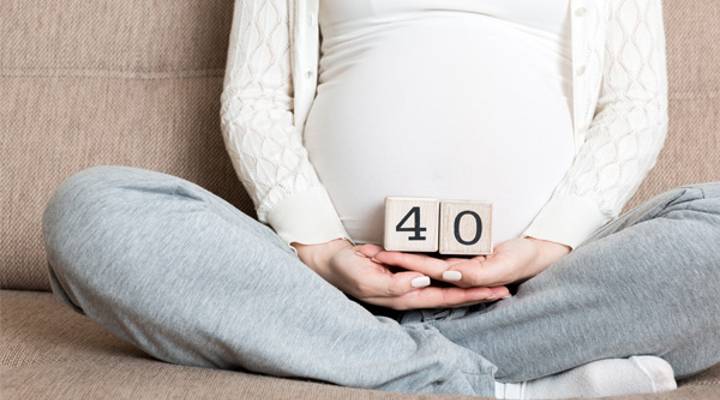Ovarian Ageing: What role does age have in a women’s fertility
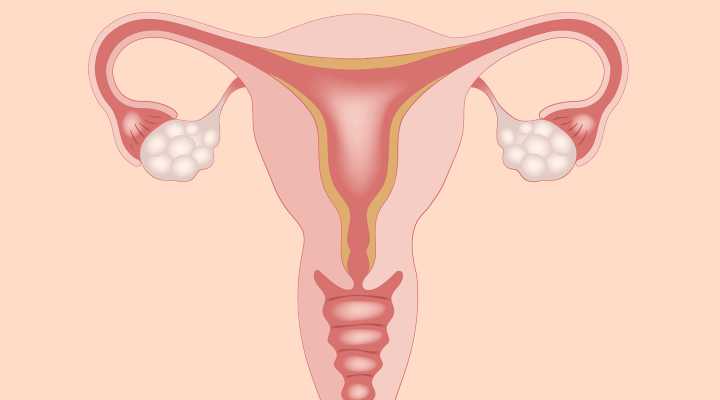
While a healthy body and mind can surely increase fertility, the ageing of the ovaries cannot be stopped. Age plays a significant role in women’s fertility. A woman’s fertility decreases with increasing age. If you are planning on conceiving, it is important to know the peak reproductive years and when does age start reducing chances of conception
Here is why physiological age matters for women’s fertility
What is Ovarian Ageing?
A woman is born with a certain number of eggs in her ovaries. This number goes on decreasing as her age increases. A steady decline in ovarian follicle quantity and quality that culminates in menopause is how ovarian ageing is characterized. Numerous factors, including ones related to lifestyle, medicine, genetics, autoimmune disorders, the environment, and idiopathic conditions, might also influence the ovarian ageing process.
So why is age important when trying to get pregnant?
Chronological age is the length of time since birth that the individual has been alive. The physiological age of a person is determined by their lifestyle, habits, food, level of activity, amount of sleep, and other things.
Even though we often say that age is only a number, when a woman is trying to get pregnant, there are other factors to consider as well. When making pregnancy plans, the physiological age is something we must consider. The only organ in a woman’s body that ceases to operate throughout her lifetime after a certain age is the ovary. Accordingly, a woman loses her ability to conceive when her ovaries stop producing eggs.
A woman’s reproductive life span is between 15 and 49 years. Women’s fertility peaks between the ages of 25 and 29 and thereafter falls. To increase the chances of conception a couple has to understand why and how age might impair one’s fertility in addition to other infertility causes.
Infertility is a problem that is steadily on the rise due to several factors. Increase in the age of couples is a major one. As you grow older the chances of a pregnancy occurring naturally will decrease.
When does a drop in fertility occur in Indian women?
In comparison to women in Europe and the rest of the globe, menopause strikes Indian women five years earlier, when they are around 46 years of age.
Treatment Options for Female Infertility Caused by Physiological Aging
Due to change in lifestyle and priorities, many women are opting to get pregnant later in life. However increased age can cause some issues when they are trying to get pregnant. But due to development of science and technology in the field of reproductive medicine, there are treatments available in case they want to later in life. They can take steps like.
- Get your fertility assessed early in life, so you can plan out the timeline of when you would like to have a child.
- You can opt for eggs freezing techniques and further conceive through frozen embryos if you plan any future pregnancy.
- IVF and many other ARTs (Assisted Reproductive Technology) is always an option for such fertility issues. But it is crucial to remember, age also plays a factor in these techniques
You can take preventative measures by consulting a doctor, getting a diagnosis to determine your reproductive health, and then choosing to plan your family as needed.
Else, if you haven’t taken any measures and have tried repeatedly to get pregnant but are still having trouble, make the decision to see a doctor and then take the required actions to become pregnant.
Conclusion
Before planning a pregnancy, a woman should get her ovarian reserve tested to know her potential for conception. Consulting a fertility specialist can help solve any doubts she may have around her age and fertility issues.


